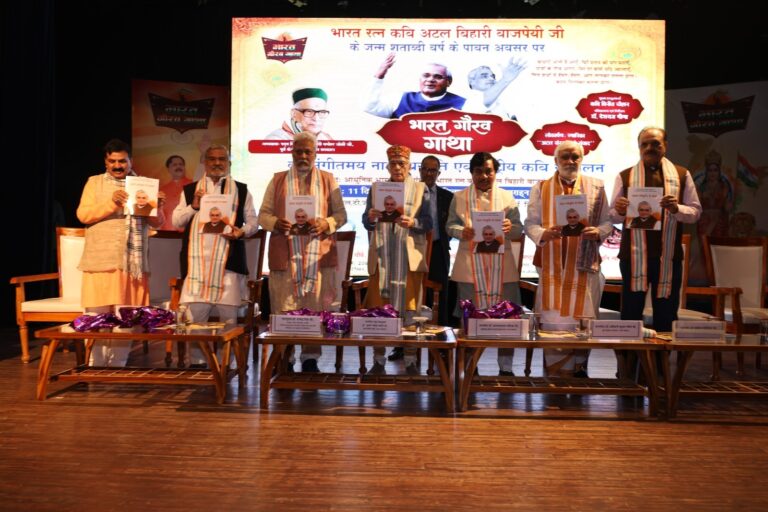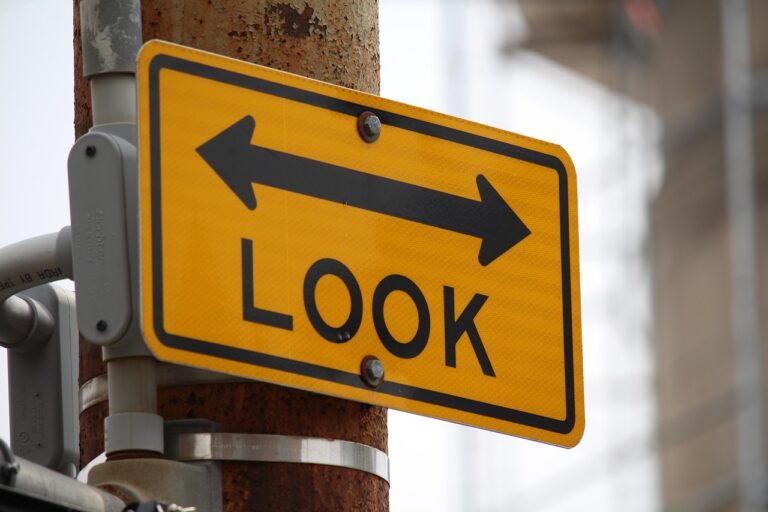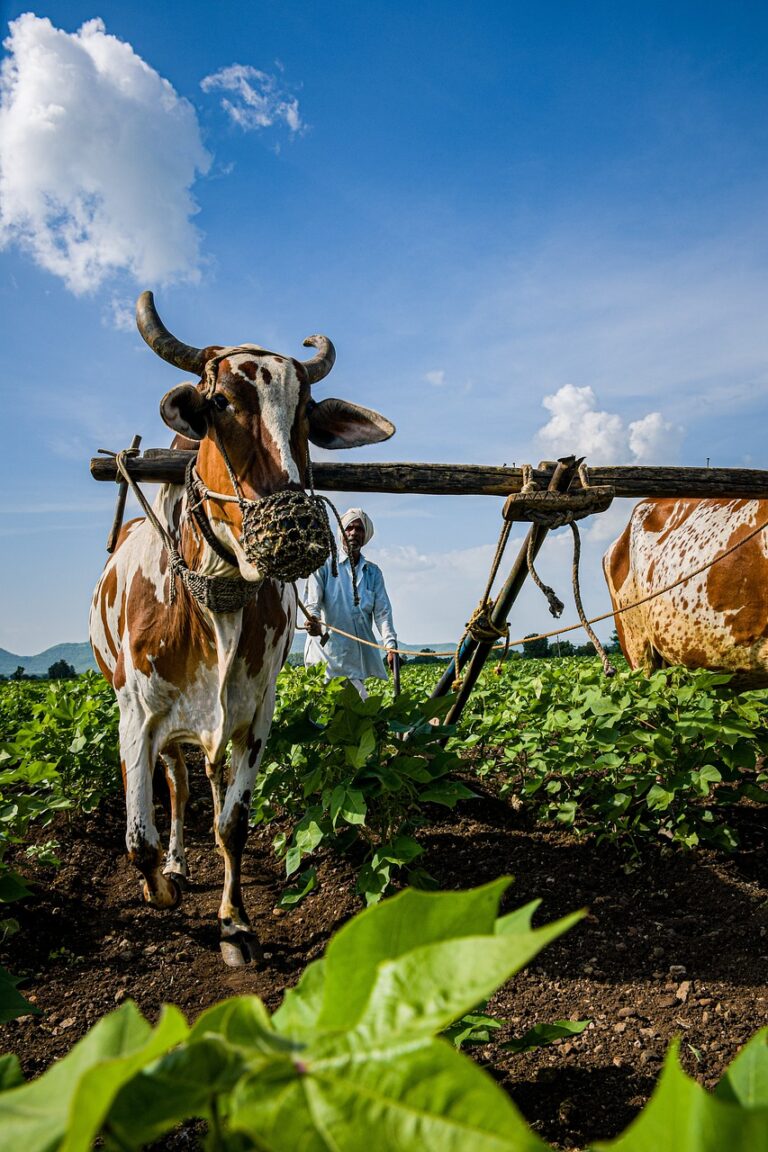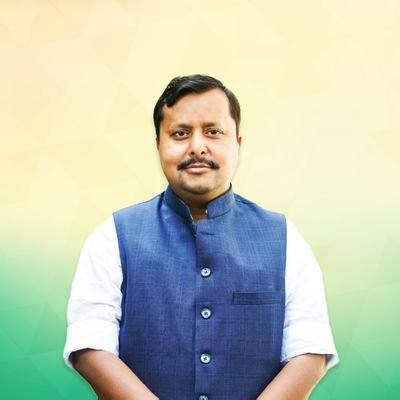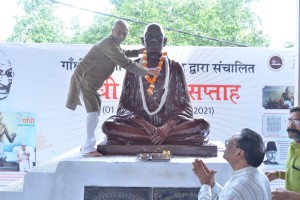
Gandhi Jayanti – 2nd October
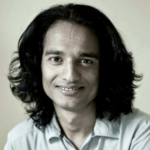 By Kaushal Kishore*
By Kaushal Kishore*
International Day of Non-Violence and the birth anniversary of its top icon Mahatma Gandhi are not coincidental affairs in the 21st century. Today, as a ritual, we refresh the memories of the most loved Indian across the globe. One, who started the innings in India with suffering Indigo farmers of Champaran in Bihar, more than a hundred years ago. Soon the Pandemic is going to complete two years since its inception in Wuhan (China). The corporate nation-state has developed vaccines against the new species of corona virus to get rid of its fear. Last year, the standoff at Galvan Valley in Ladakh narrated the state of Sino-India relations. Apart from that Nepal and Pakistan are also highly active on their border with India. The recent Taliban rule in Afghanistan is a sign of tension on the western front. The fierce criticism of terrorism is outloudly heard in the media reports, and so are the rising number of weapons of different types in the security systems. This year the destruction due to severe floods and other disasters are reported from many other countries including China, USA and Europe. In this Flood Control Age all modern technologies on the display are functioning around disaster management to create other such catastrophic situations in the future. The challenges remain unsolved on all the three fronts on almost all levels as well.
More like the Indigo farmers we, the trembling lots, need Mohandas Karamchand Gandhi’s helping hand. It’s impossible to face these challenges victoriously without reciting from the life and works of this non-violence icon. He had also addressed the serious issues like epidemic and health. More like the Greek philosopher Plato, while depicting the verbatim accounts of dialogues with Dr. Pran Jivan Mehta in the contents of Hind Swaraj, and his political acumen further reflects from the creative works all centred around it. A decade before the Salt Satyagraha or Dandi March, he had deliberately abandoned the use of salt. One morning the pure Vaishnav (Follower of Lord Vishnu), depending on the goat milk and Ayurvedic herbs was noticed with the mud pack at Jinnah House in Mumbai.
His focus on prevention by increasing immunity, instead of curative measure can be noticed in those uncompromising attitudes. One can have an idea of the outcome while keeping all these things on hygiene and purity on mind. These efforts to develop immunity with the help of naturopathy and yoga are not silent either in his life and works or ours before and after the vaccination drive. The world at large will be benefitted if World Health Organization (WHO) finds out qualitative difference between these two types of immunity.
By the end of first world war, the outbreak of Spanish Flu caused heavy casualties in different parts of the globe. Before the same war, Gandhi discussed the epidemics and vaccination in a series for Indian Opinion, published in English, Hindi, Gujarati and Tamil from Phoenix in South Africa. The 24 pieces of General Knowledge on Health series appeared in its Gujarati edition between January 4 to August 16 in 1913 that was latter published as a book, A Guide to Health by S. Ganeshan, Madras (Chennai) in 1921. Most of the contagious diseases, including small-pox and plague are well discussed in it. Here, he wrote, ‘If it were really a contagious disease, everyone should catch it by merely touching the patient; but this is not always the case. Hence there is really no harm in touching the patient, provided we take some essential precautions in doing so. We cannot, of course, assert that small-pox is never transmitted by touch, for those that are physically in a condition favourable to its transmission will catch it.’
Most of the people opposed vaccination even after the death of entire villages and communities. It was considered an act of sacrilege like the beef consumption. He has openly supported this belief of the majority. Apart from that identified it as an ingredient causing hindrances in order to maintain the physical discipline and mental balance. The influence of doctor and lawyer Pran Jivan Mehta is not limited to his introduction with Gopal Krishna Gokhale and Shrimad Rajchandra or to fund his Ashrams, but to this very subject as well. They became friends while studying law in London. Dr Mehta got settled in Rangoon, and was known to oppose the vaccination on arrival in Burma (Myanmar). They treated it as the barbarous practice not to be found even among so-called savage races, and one of the most fatal of all delusions of modern times. Gandhi mentioned five key points from the report of British Anti-Vaccination Society to conclude its evils, and said, ‘The fact of the matter is that it is only the self-interest of doctors that stands in the way of the abolition of this inhuman practice, for the fear of losing the large incomes that they at present derive from this source blinds them to the countless evils which it brings.’
Gandhi seems to abstain from the allopathic medicines. During their imprisonment he forbade his wife to take antibiotics, and agreed to take quinine when he was suffering from malaria. His appendix surgery at Pune and cure of piles are yet another fact to that effect. As such his objection to Western medicine is questioned as well. There are many people in India who still abstain from Allopathic medicines. Today the rumours against the vaccination is also making rounds in the market. Some of such rumours associate it with the side effects of impotency and genetic problems. Despite these hurdles, the central and state governments achieved considerable success as far as the vaccination drive is concerned. India tops the world with over 89 crore cases of vaccination in the last eight months, a historical achievement in many respects.
Across the lines, the paradoxes between the two contradictions prevail today. The political class involved in the trade of different types of weapons is trying best to celebrate the non-violence day for its own reasons. Gandhi observed that the word loses its aura failing the harmony between the action and speech, and taught how to face most fatal of the weapons with the strength of nonviolent Satyagraha, the unique political weapon. Here, Dr. Ram Manohar Lohia stands on the Tibetan Platue with his pleadings for the total disarmament, and abolition of security forces. Meanwhile, the equation between the fear of virus infection and so-called policy of voluntary vaccination is being exposed. The author of Thank You India and one of the stars from the right side of the bench, Maria Wirth, has referred to the three major arguments from Gandhi, in her own words. She has expressed serious concerns on the increasing governance and the hollowness of voluntary vaccination before talking about the deplorable state of the developed nation-states of Europe and America. Against all sagacious suggestions, she is quite practical and at ease. This expression to Bapu is a kind of bravery that reflects from the works of the German-born resident Indian, and I hope the government of India will pay attention to her appeals soon in future.
The leader’s reference to the British rule with adjective Satanic civilisation stands on a higher position than Lokmanya Tilak in the eyes of scholars like Acharya Kriplani. One can follow the satyagrahi known to start the day with the clay as natural medicine and yoga to develop immunity. So long as the idea of voluntary vaccination is missing its spirit, all other acts to remember him seems to be meaningless. So far the terror and calamities are concerned, the consequence of abandoning his path is an indication to the end of modern civilisation. On the global forums, if we focus on these responsibilities and taking care of these things, India will earn greater prestige on one hand, and the world achieves peace and harmony on the other.
*Kaushal Kishore is the author of The Holy Ganga (Rupa, 2008) and Managing Editor of Panchayat Sandesh, a monthly organ of All India Panchayat Parishad. The views expressed as personal.


